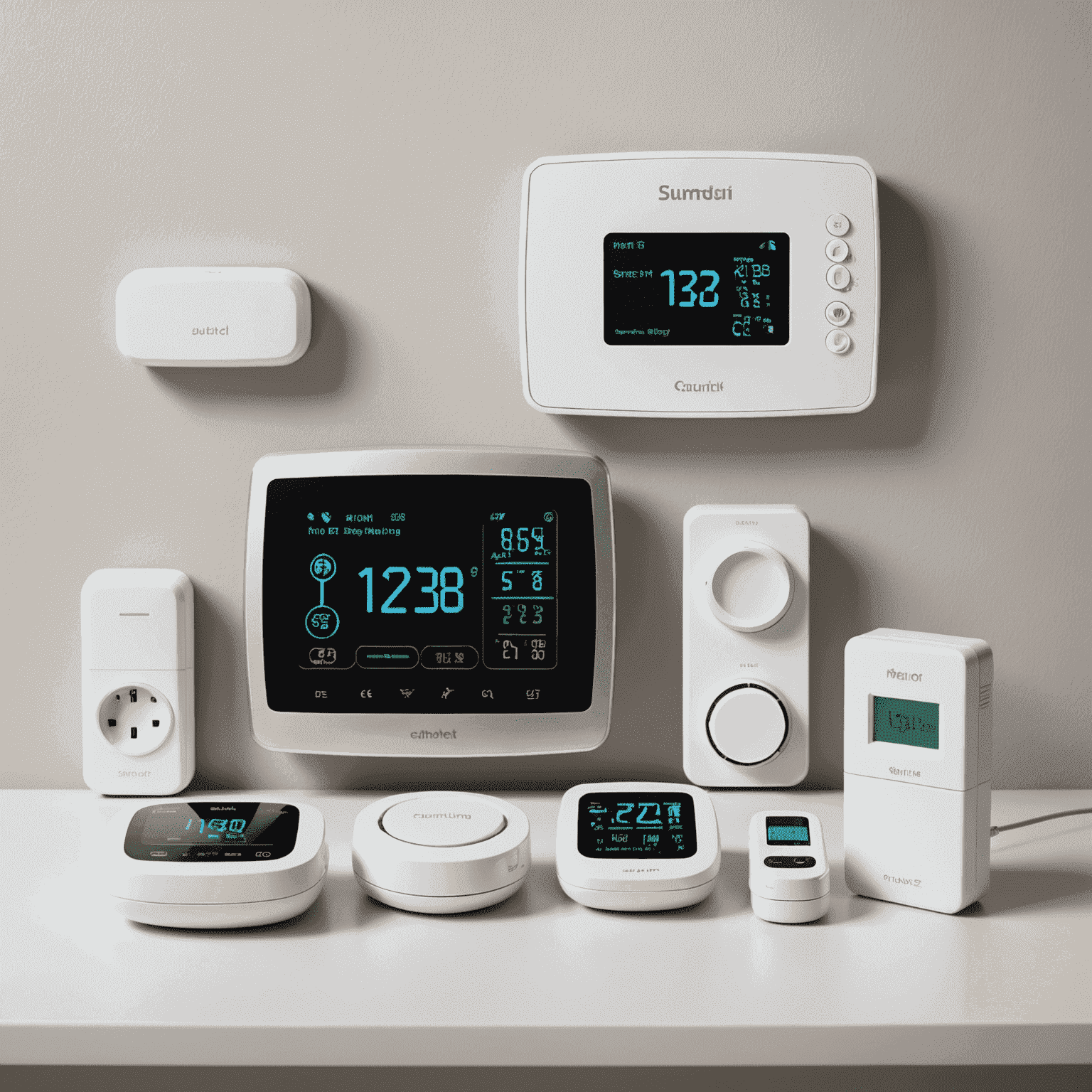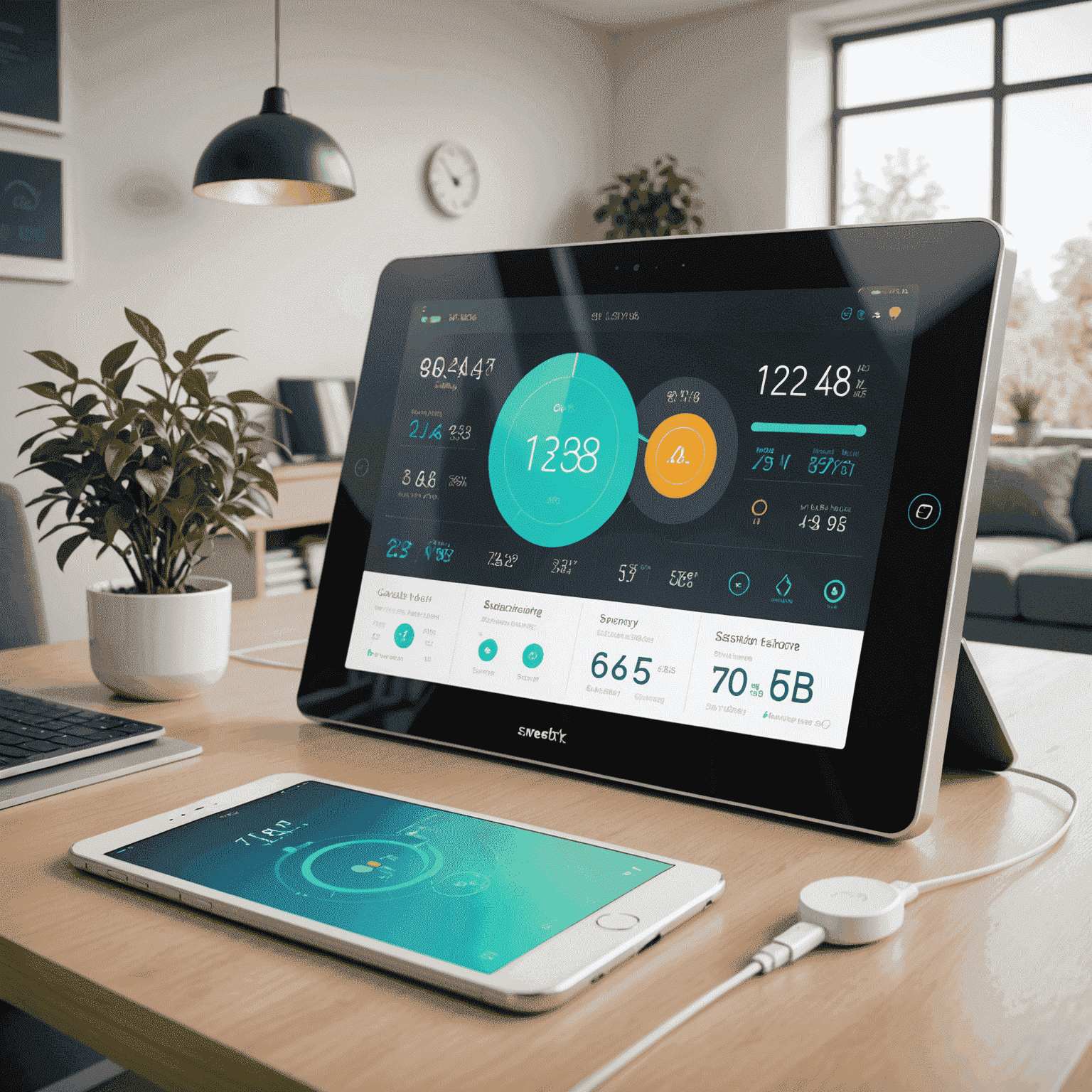The Rise of Smart Home Energy Management Systems

In our quest for sustainable living and energy efficiency, smart home energy management systems have emerged as powerful allies. These cutting-edge technologies are revolutionizing the way we monitor and optimize our household's energy usage, paving the way for a more eco-conscious future.
Understanding Smart Home Energy Management
Smart home energy management systems integrate various devices and sensors to provide real-time data on your home's energy consumption. These systems offer insights into your usage patterns, allowing you to make informed decisions about your energy habits and identify areas for improvement.
Key Components of Smart Energy Systems
- Smart meters: These devices provide detailed information about your energy consumption.
- Smart thermostats: Automatically adjust your home's temperature for optimal comfort and efficiency.
- Energy monitoring devices: Track the power usage of individual appliances.
- Smart plugs and switches: Allow remote control and scheduling of connected devices.
- Mobile apps: Provide user-friendly interfaces for monitoring and controlling your energy usage.

Benefits of Smart Energy Management
Implementing a smart home energy management system offers numerous advantages:
- Reduced energy consumption and lower utility bills
- Increased awareness of energy usage habits
- Ability to identify and eliminate energy waste
- Improved home comfort through optimized temperature control
- Contribution to a more sustainable lifestyle
The Future of Smart Energy Management
As technology continues to advance, we can expect even more sophisticated energy management solutions. Integration with renewable energy sources, such as solar panels and home batteries, will become more seamless. Artificial intelligence and machine learning will play a larger role in predicting and optimizing energy usage based on individual household patterns and preferences.

By embracing smart home energy management systems, we take a significant step towards more sustainable living. These technologies not only help us reduce our carbon footprint but also empower us to make conscious decisions about our energy consumption. As we continue to innovate in this field, the dream of energy-efficient, eco-friendly homes becomes increasingly attainable for all.